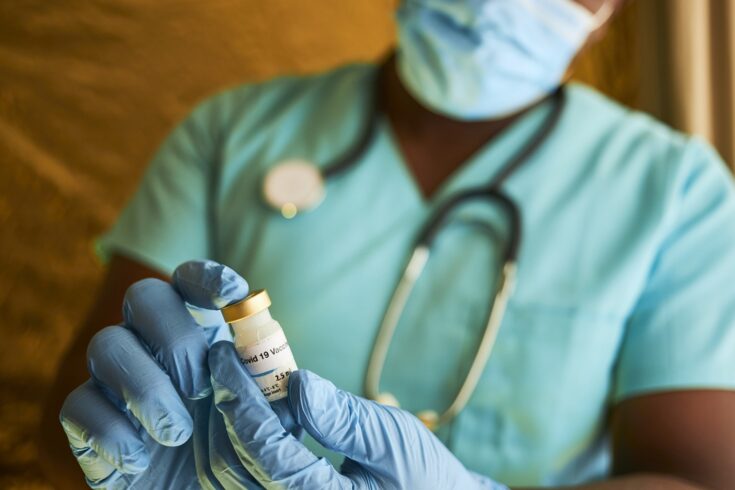The National Institute of Health Research and UKRI have jointly funded eight new research projects tackling COVID-19 in low and middle-income countries (LMICs).
The Global Effort on COVID-19 (GECO) Health Research joint funding initiative supports applied health research to address the impact of the pandemic in low-resource settings and inform future responses to similar unexpected outbreaks.
The funded research projects support the priority thematic areas highlighted in the World Health Organization’s Coordinated Global Research Roadmap, spanning from epidemiological studies to therapeutic treatments.
Understanding and measuring the impact of COVID-19
The newly-funded projects, which have been awarded more than £4 million in total, include a contact-tracing tool being tested in East Africa and a genomic surveillance system with real-time sequencing in the Philippines.
Another study in Southeast Asia, led by Professor Taane Clark at the London School of Hygiene and Tropical Medicine, will also be focusing on surveillance. This team will be evaluating serological tests to control the spread and monitor the progress of vaccination.
Leading a cross-country team in the Caribbean, Professor Marshall Tulloch-Reod from the University of the West Indies in Jamaica will explore the effect of COVID-19 control measures on people at risk of or affected by a non-communicable disease.
A team in Brazil, led by Professor Daniel Altmann at Imperial College London, will conduct a cohort study of 20,000 infected patients, to better understand the nature of transmission and infectiousness of the disease.
Further projects
Two other studies will investigate changes in antibiotics usage during COVID-19 and the impact of the pandemic on the medicines retail sector in East Africa.
The final project funded by round two of the GECO funding call will focus on indigenous peoples’ response to the COVID-19 pandemic in Brazil. This will include strategies to mitigate risk and bear witness to undocumented impact on indigenous lives.
These new studies join 12 projects across Africa, South America and south-east Asia funded by round one of the GECO call in October 2020.
Summary of the projects
The eight projects awarded funding through round two of GECO are:
Tracking haulage in East Africa to support COVID-19 surveillance
Partners include:
- University of Edinburgh
- Makerere University, Uganda
- Uganda Ministry of Health, Uganda
Implementing genomic surveillance to support SARS-CoV-2 control and mitigation strategies in the Philippines
Partners include:
- University of Glasgow
- Research Institute for Tropical Medicine, The Philippines
Serological tools for COVID-19 control and vaccine roll-out in Southeast Asia
Partners include:
- London School of Hygiene and Tropical Medicine
- Ministry of Public Health, Thailand
- Research Institute for Tropical Medicine, The Philippines
The impact of COVID-19 control measures on non-communicable diseases risk factors and metabolic health: a comparison of three Caribbean countries
Partners include:
- The University of the West Indies, Jamaica
- The University of the West Indies, Barbados
- The University of the West Indies, Trinidad & Tobago
Multicentre cohort study of the natural history and immunology of COVID-19 in Brazil
Partners include:
- Imperial College London
- Fiocruz (Oswaldo Cruz Foundation), Brazil
- Federal University of Mato Grosso do Sul, Brazil
- Federal University of Ceara (UFC), Brazil
- State University of Maringa, Brazil
Ensuring access to health care and medicines during COVID-19: critical challenges and feasible policy options for the medicines retail sector, East Africa
Partners include:
- London School of Hygiene and Tropical Medicine
- Makerere University, Uganda
- University of Copenhagen, Denmark
CARE: COVID-19 and antimicrobial resistance in East Africa – impact and response
Partners include:
- University of St Andrews
- Catholic University of Health and Allied Sciences (CUHAS), Tanzania
- Makerere University, Uganda
Indigenous peoples responding to COVID-19 in Brazil: social arrangements in a Global Health emergency
Partners include:
- City, University of London
- Federal University of Health Sciences of Porto Alegre (UFCSPA), Brazil
- University of Sao Paulo, Brazil
- Federal University of Southern Bahia (UFSB), Brazil

